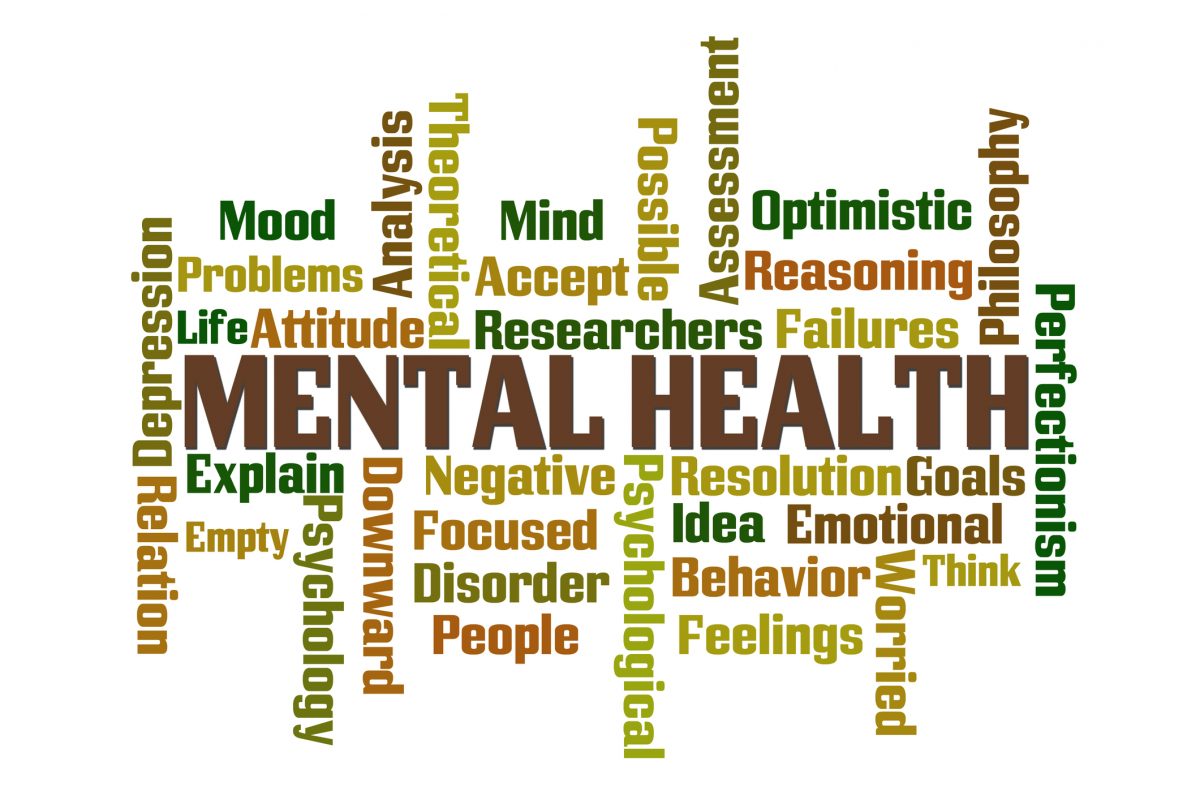
Breaking Stigma: Mental Health and Psychiatry Support

In today’s fast-paced world, mental health has become an increasingly important aspect of overall well-being. As individuals navigate the challenges of daily life, the need for adequate support and resources to maintain good mental health has never been more crucial. This article explores the significance of mental health, the impact of societal factors, and the role of psychiatry support in fostering a healthier and more resilient population.
The Importance of Mental Health
Mental health is a vital component of our overall health and quality of life. It encompasses emotional, psychological, and social well-being, influencing how individuals think, feel, and act. Maintaining good mental health is not just the absence of mental illnesses but also involves coping with life’s challenges, building positive relationships, and making informed decisions. Recognizing the importance of mental health is the first step towards creating a society that prioritizes the well-being of its members.
Societal Factors and Mental Health
Various societal factors can impact mental health, ranging from economic conditions and social inequalities to cultural expectations and technological advancements. For instance, high-stress work environments, financial instability, and social isolation can contribute to the development or exacerbation of mental health issues. Addressing these societal factors requires a holistic approach that involves not only individual interventions but also systemic changes to create environments that support mental well-being.
Breaking the Stigma
One significant barrier to seeking mental health support is the stigma attached to mental illnesses. Stigma often leads to discrimination, misunderstanding, and reluctance to discuss mental health openly. Breaking the stigma surrounding mental health is crucial to creating an environment where individuals feel comfortable seeking help without fear of judgment. Open conversations, education, and advocacy play key roles in challenging and dismantling the stereotypes associated with mental health issues.
The Role of Psychiatry Support
Psychiatry support is a valuable resource for individuals facing mental health challenges. Psychiatrists are medical professionals specialized in the diagnosis, treatment, and prevention of mental illnesses. They employ a combination of therapy, medication, and other interventions to address a wide range of mental health conditions. Seeking psychiatry support can be a proactive step towards managing mental health, and it is essential to view it as a sign of strength rather than weakness.
The Link Between Mental Health and Psychiatry Support
Navigating the path to mental well-being often requires external assistance, and psychiatry support can be a cornerstone of that journey. Whether someone is dealing with anxiety, depression, or other mental health issues, a qualified psychiatrist can provide personalized care and treatment plans. For those seeking psychiatry support, a valuable resource is Psychiatry Support, a platform dedicated to connecting individuals with licensed psychiatrists for online counseling and support.
Conclusion
In conclusion, prioritizing mental health is an integral part of building a healthy and resilient society. By understanding the importance of mental well-being, addressing societal factors that contribute to mental health challenges, breaking the stigma, and embracing psychiatry support, we can foster an environment where individuals feel supported in their journey towards mental wellness. It is through collective efforts, open conversations, and accessible resources that we can create a world where mental health is a top priority for all.



